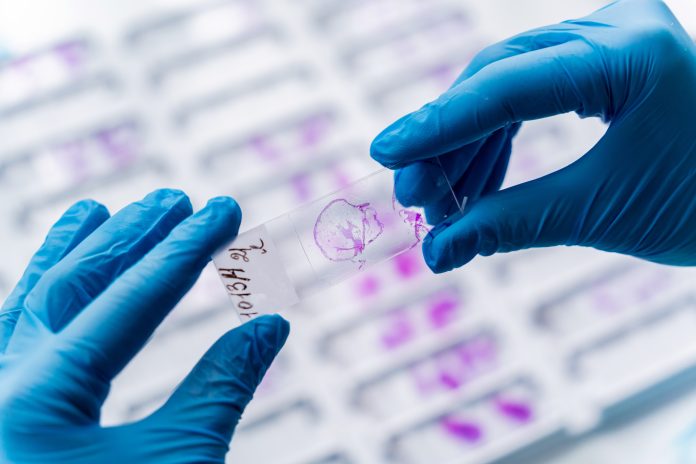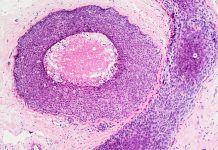The University of Oxford is part of a £15.9 million UK-wide programme to develop human tumour tissue models, improving cancer research, accelerating drug discovery and reducing reliance on animal testing
The University of Oxford has joined a major national initiative to radically advance cancer research by using live human tissue models. Backed by a £15.9 million investment, the effort aims to transform preclinical studies by analysing tumour tissue directly from patients, enabling more accurate insights, faster therapy development and a shift away from traditional animal experiments.
Making in vitro models widely accessible
The research team will facilitate the development of advanced, specific, and highly reproducible human in vitro models, making them widely accessible to researchers in academia and industry.
In vitro models utilise isolated cells and tissues outside the living body and take various forms, including organoids, ex vivo cultures, and organ-on-chips. These small devices employ tiny channels to pass fluids through living cells, thereby mimicking the functioning of organs within the body.
This work aims to improve the translatability of research and reduce reliance on animal models.
Five interdisciplinary teams will focus on developing in vitro disease models for the liver, brain, cancer, pain, and blood vessels.
Accelerating cancer research
Eric O’Neill, Professor of Cell and Molecular Biology in Oxford’s Department of Oncology, is part of the INTREPID project (IN vitro TumouR Explant models for evaluating cancer complexity and Patient Diversity) project, which aims to tackle the barriers associated with widespread adoption of live human tumour tissue explant models to drive progress in their use in cancer research.
The INTREPID team, a diverse group comprising biologists, bioengineers, clinicians, computational scientists, and technologists from the University of Oxford, University of Leicester, Imperial College London, University College London, the MRC Toxicology Unit in Cambridge, and the Medicines Discovery Catapult, is working together to make this initiative a success.
Existing preclinical cancer models cannot capture the complete picture of cancer complexity required to predict a patient’s response to anti-cancer therapies accurately. This means that preclinical results may not translate into successful clinical trials, and potential new therapies can take longer to reach patients.
Living samples extracted from patients’ tumours offer a more predictive alternative. Whilst maintaining their natural structure and cell interactions found in real tumours, this insight will help scientists to predict which new therapies have the most potential more accurately.
Professor Eric O’Neill, who is leading the effort in human tissue models at Oxford, said: “The value to patients of using human tissue as a model is that we will be able to test therapies on patients’ own tumours before they are prescribed a therapy. This will enable us to determine which treatment is most likely to be effective for each patient and avoid using treatments that are likely to fail.
‘The wider advantage to the pharmaceutical industry is that we do not have to solely rely on animal research to test the safety and efficacy of treatments for humans, increasing the likelihood we can have greater success in clinical trials.”
Project lead, Catrin Pritchard, Professor of Cancer Biochemistry in the Division of Cancer Sciences at the University of Leicester, said: “We are delighted to receive this award to deliver better outcomes for cancer patients. While a lot of the initial work will be on technical development of the explant platform, we will also be testing a range of advanced cancer therapies to design personalised treatment strategies for individual patient benefit.”











